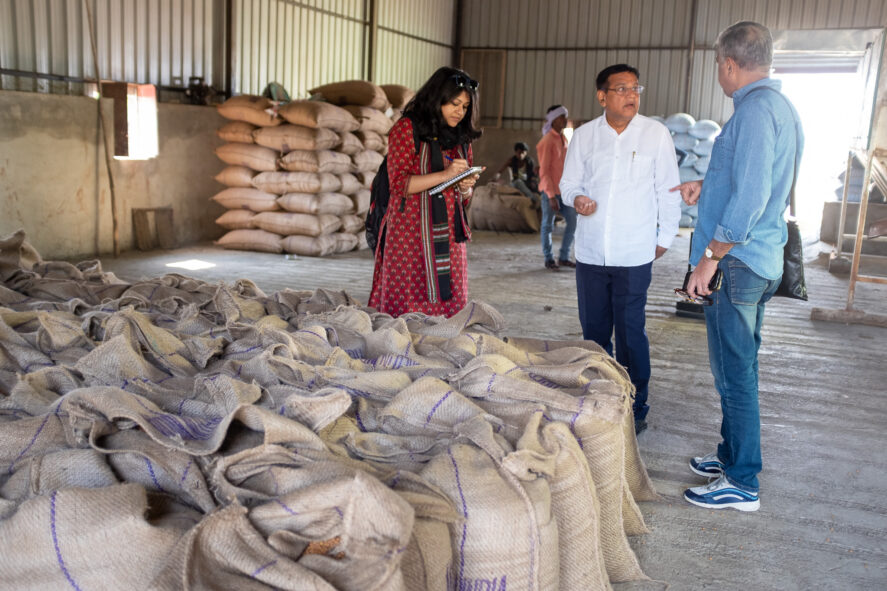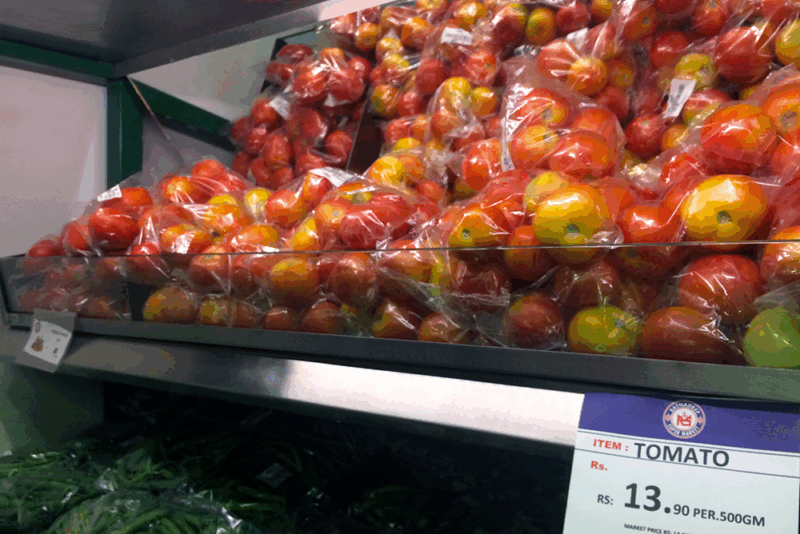FPOs Would Get Boost from Centralized Database

India is betting big on farmer producer organizations (FPOs) to boost its agricultural sector and improve the livelihoods of smallholder farmers, but its efforts would be enhanced by the creation of a centralized system of tracking FPOs, according to the Tata-Cornell Institute for Agriculture and Nutrition (TCI), a research institute based at Cornell University.
In a new policy brief, TCI demonstrates that the lack of a centralized source of information on FPOs makes it tough even to discern the number of FPOs currently active in India. Identifying which agencies promote or support FPOs is even more difficult, as is determining other essential characteristics, such as crops grown.
“FPOs hold tremendous potential to help India’s smallholder farmers, but we must work to ensure that policymaking and business practices in this area are as effective as possible,” TCI Director Prabhu Pingali said. “A centralized system of information would allow us to better understand the characteristics and outputs of FPOs, which can help us to determine the drivers of performance and improve FPO promotion.”
TCI created its own database, the FPO Platform for India, to better understand India’s FPO ecosystem. Using data from the Ministry of Corporate Affairs, TCI researchers estimate the total number of FPOs to be 44,460. However, there is a discrepancy in the data with regard to the number of currently functioning FPOs, and the status of many remains unknown. Ministry data classifies 26,938 FPOs as active and compliant with all necessary regulatory filings and requirements, but as of 2023 only 15,455 of those FPOs have submitted their financials, which they are legally required to do on an annual basis.
While the Ministry of Corporate Affairs collects financial and governance-related information on FPOs, other information is difficult to come by, including what services FPOs provide, what market linkages they have achieved, and their gender composition.
The diverse pathways for forming FPOs in India makes it difficult to collect information. Because farmers often lack the expertise and resources to set up an FPO, the national and state governments fund FPO promotion through organizations dubbed implementing agencies. TCI researchers were able to determine most of the FPOs promoted by the largest implementing agencies—the National Bank for Agriculture and Rural Development (NABARD) and the Small Farmers Agri-Business Consortium (SFAC)—but information related to the roles of private philanthropic foundations is virtually impossible to obtain.
Implementing agencies typically work with civil society organizations, consultancies, and others to set up and support FPOs during their first five years. Despite the crucial role these organizations play in helping FPOs to aggregate, register as companies, establish governance systems, and connect with markets, no information is usually collected about them, leaving stakeholders in the dark about what promotion strategies work and don’t work.
“With access to essential missing data, researchers and other stakeholders could assess the performance of India’s FPOs and craft effective policies to improve their promotion,” TCI Assistant Director Mathew Abraham said.
FPOs allow smallholder farmers to jointly aggregate to improve their access to credit, inputs, information, and markets, potentially improving farmer income and furthering agricultural development. A 2003 amendment to the Companies Act of 1956 provides for the formation of FPOs in India. FPO formation moved slowly in the subsequent decade but exploded in recent years. Since 2020, 35,259 FPOs have been created, compared to just 9,201 before 2019.
TCI’s policy brief and the FPO Platform for India are part of TCI’s project on FPO-Led Small Farm Access Models. With support from the Walmart Foundation, the project aims to create lessons, tools, and resource pathways to strengthen small farm aggregators in India, while simultaneously catalyzing a community of practice of funders, implementers, and policy stakeholders.
Featured image: Postdoctoral Research Fellow Pallavi Rajkhowa takes notes during a visit to a soybean warehouse in Latur, India. (Photo by Leslie Verteramo Chiu/TCI)





